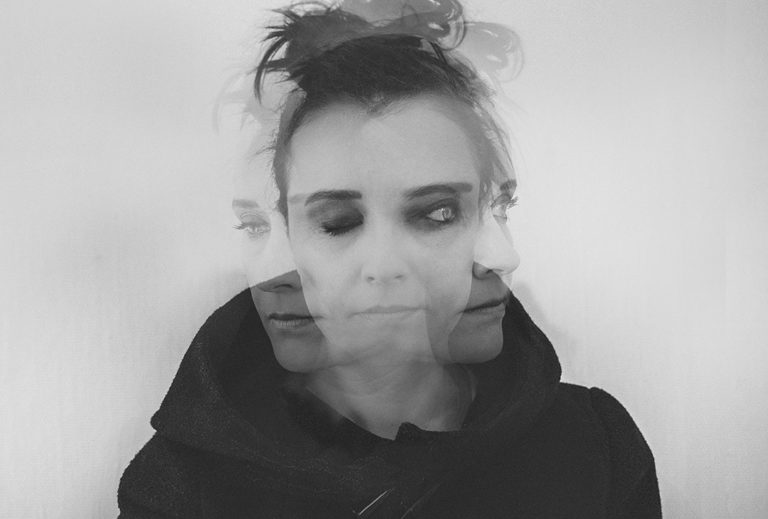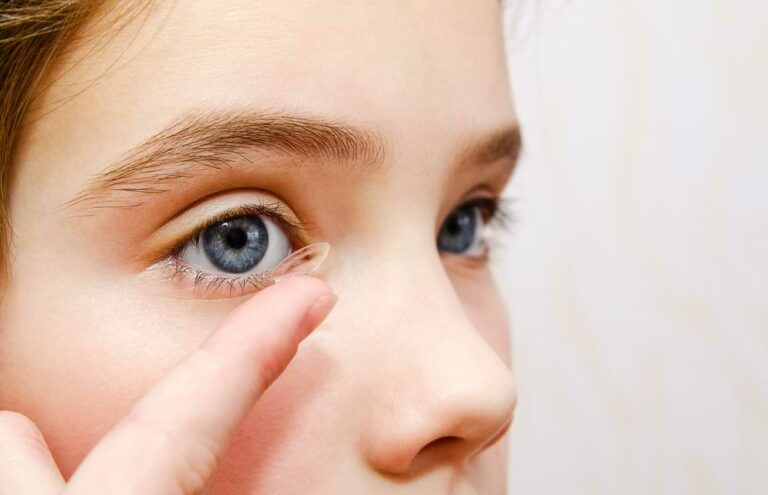
Ortho-K Lenses: 15 Frequently Asked Questions
To help you understand the opportunities now available with orthokeratology, we’ve put together a list of frequently asked questions that we often get from patients.

Inside the eye, there is a clear lens that allows light to pass through and focus on the retina, in order for you to see. A progressive clouding of this lens is known as a cataract. As the lens becomes hazy, it impacts the ability of light to pass through, which affects your vision.
What Causes Cataracts?
Cataracts can be caused by several different things:
How Do I Know if I Have Cataracts?
Having regular eye examinations with your optometrist will tell if you have cataracts or not. Typical signs of cataract development include:
Vision loss due to cataracts occurs very gradually- which means it’s almost impossible for you to detect. That’s why after 65, we recommend yearly eye exams to monitor for any subtle vision changes.
Will My Cataracts Get Worse?
Typically yes. With time, the clouded area in the lens becomes bigger and denser, which impacts vision more and more. Cataracts can develop at different rates in each eye and progresses quicker for different people. Having regular eye examinations is important to monitor cataracts, and will help your optometrist determine when it’s time to have them removed. At Optometrist Parramatta, we use digital retinal photography to accurately monitor the development of your cataracts.
Can I Prevent or Slow Down Cataracts?
As cataracts are typically caused by aging and long-term UV exposure, there is no sure-fire way to prevent cataracts from developing. Minimise UV exposure (particularly in high UV areas such as Australia) by always wearing sunglasses when outside.
How Are Cataracts Treated?
When cataracts begin to affect everyday tasks such as night driving, your Optometrist may suggest you undergo a cataract operation and refer you to an ophthalmologist. In most cases, cataract surgery is a minor procedure performed under local anaesthetic where the cloudy lens is removed and a new lens inserted. Patients often go home on the same day. After the surgery vision is usually remarkably improved.
After cataract surgery, your vision will be markedly improved. Many patients find they no longer need glasses to see, or that they only need a pair of reading glasses to help with fine tasks.
Can Cataracts Come Back After Surgery?
No. The artificial lens that is inserted into the eye cannot go cloudy. However, sometimes your ophthalmologist may need to perform a quick laser procedure a few months after the cataract surgery to tweak your vision.
If you’d like more information on managing cataracts, drop in or make an appointment today!

To help you understand the opportunities now available with orthokeratology, we’ve put together a list of frequently asked questions that we often get from patients.

Have you ever wondered if you’re cleaning and storing your Ortho-K lenses properly? Improper use of Ortho-K lens solutions for cleaning and storage may lead to serious eye infections.

With proper technique, inserting and removing Ortho-K lenses is not as intimidating as you might imagine. Book a consultation to learn more.

Learn about Ortho-K lens side effects and choose the best option for healthy eyes. Book a consultation today.

How does Ortho-K combat myopia and is an Ortho-K fitting right for your child? Learn more & book a consultation.

Discover how you or your child can achieve clear vision with Ortho-K lenses in Sydney. Book a 360 Eye Examination.